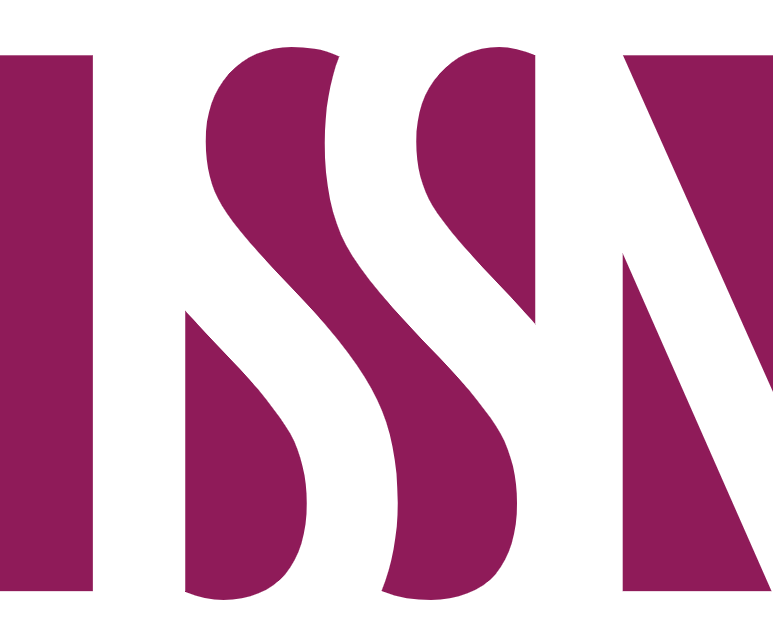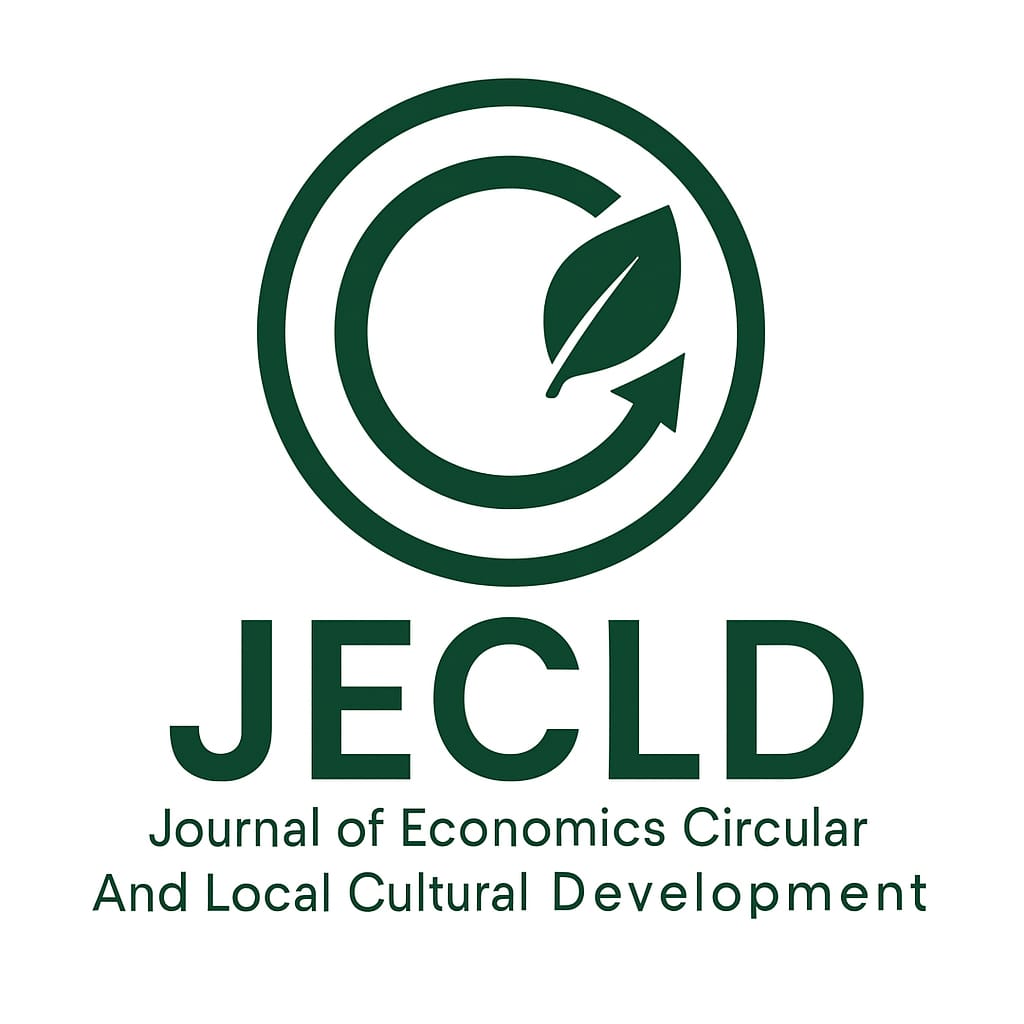
Peer Review Guidelines for the Journal of economics circular and local cultural development (JECLCD)
Thank you for agreeing to serve as a peer reviewer for the Journal of Circular Economics and Local Cultural Development (JCECD). Your contribution is invaluable in maintaining the quality and academic integrity of our publications. Please use the guidelines below to evaluate the manuscript assigned to you.
General Principles of Peer Review
Aspects to Evaluate
When conducting your review, please consider the following aspects:
Recommendation to the Editor
After evaluating the manuscript, please provide your recommendation to the editor:
Please include detailed and specific comments for the authors, indicating which sections need improvement and how to address them. These comments will be extremely helpful for the authors in revising their manuscript.
Thank you again for your time and expertise. We deeply appreciate your support in enhancing the quality of (JECLCD)

 |
|
